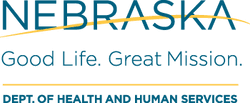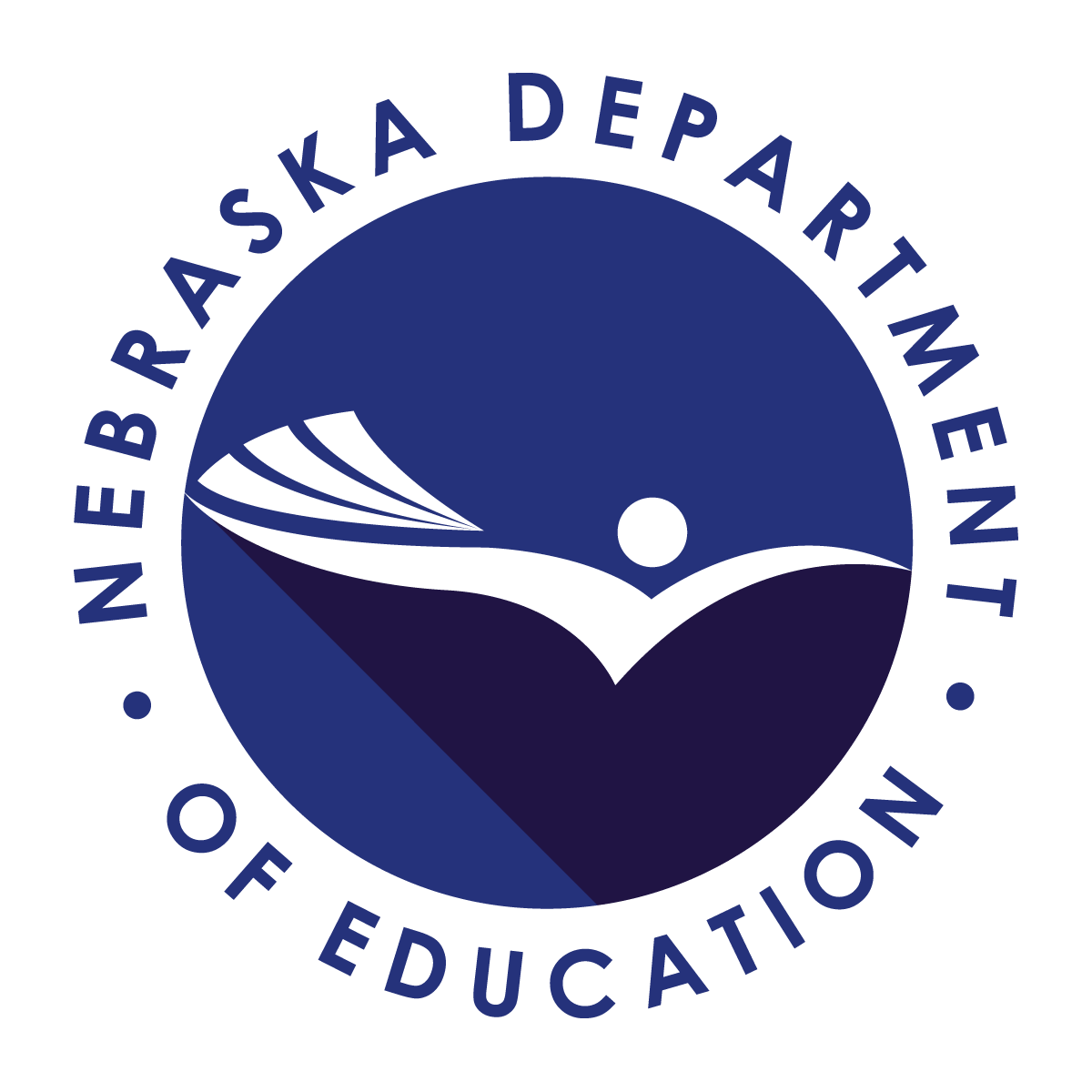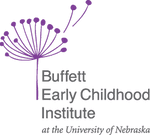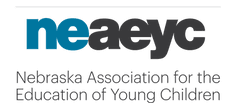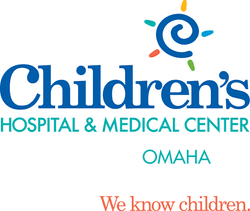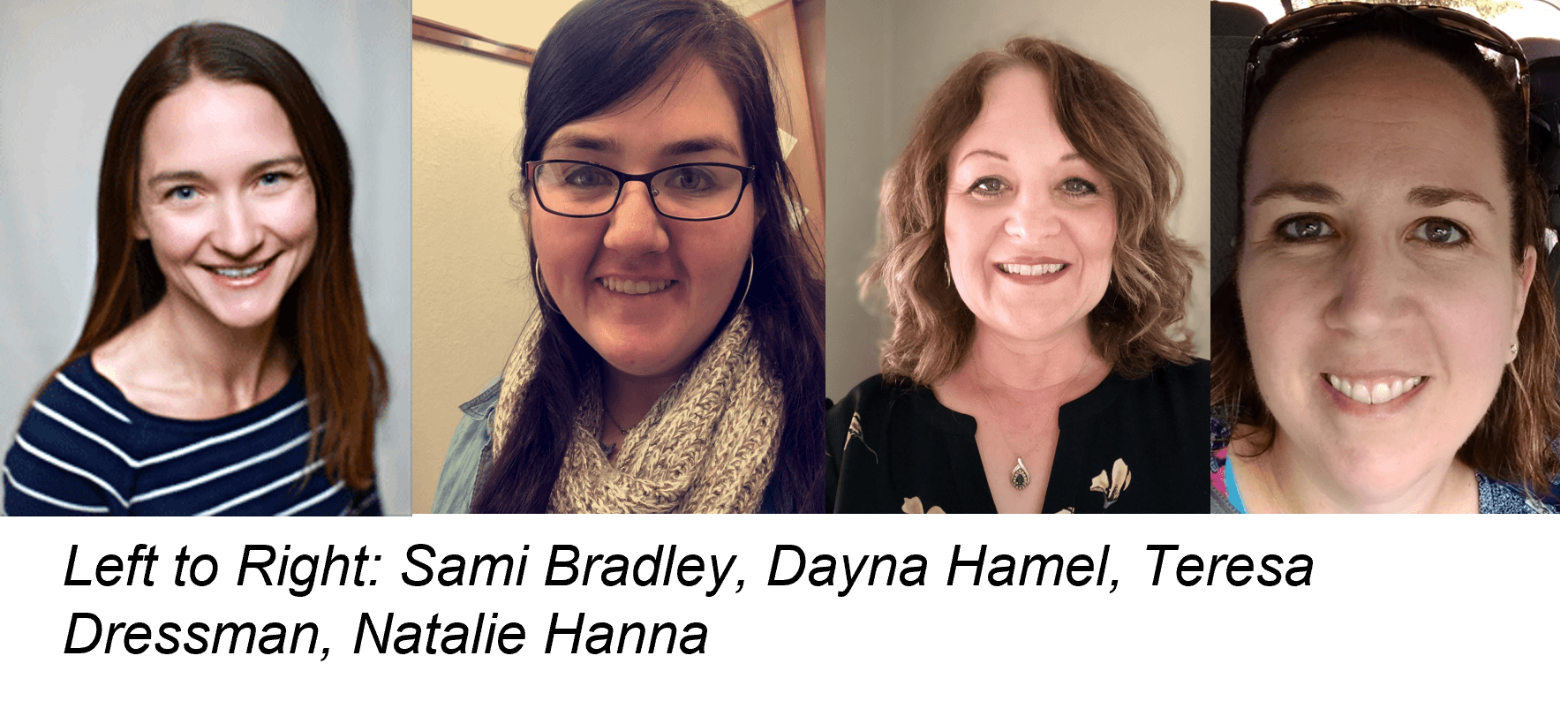
Among the most pervasive myths surrounding early childcare are beliefs that early childhood professionals are just babysitters and that children in care settings are only playing, not learning. However, a 2016 article by AmericanProgress.org succinctly debunks such misguided notions of child care when it says, “The early childhood workforce takes on the responsibility of caring for children at a critical stage in their development, when children undergo tremendous physical growth and develop key cognitive and social-emotional skills. Research shows that high-quality learning environments enhance child development, and that a skilled and well-educated workforce is integral to program quality.” The article goes on to point out that quality care requires “a great deal of knowledge and experience.”
Such crucial knowledge and experience has taken the forefront in the Nebraska Association of Infant Mental Health’s (NAIMH) campaign to recognize early childhood professionals through the Alliance for the Advancement of Infant Mental Health endorsements, which are recognized by 33 state and two international infant mental health associations. According to Sami Bradly, who is Associate Vice President of Early Childhood Mental Health for Rooted in Relationships and Co-Lead of NAIMH, since first offering the endorsements just over a year ago, there have been 19 or 20 early childhood professionals across the state and ranging in disciplines who have received the recognition.
In their recent outreach, the NAIMH has emphasized one very important phrase, “You are an Expert.” In an environment where the babysitter myth still persists, Bradley says endorsements instill a sense of professionalism among early childhood professionals. “They’ve worked hard to provide quality care and do the training. We should recognize them for their work,” she says. And providers agree. Natalie Hanna, who runs an in-home Family Child Care 1 facility in Kearney, says, “we’re not just babysitters. We promote health and well-being and brain development.”
Hanna’s business, Natalie’s Child Care, has been licensed since 2007 and has achieved a Step 5 rating from Step Up to Quality, the highest the program offers. She recently received an invitation from Bradley to pursue an infant mental health endorsement. She admitted that for many providers endorsements feel out of reach, but said she was the type to “dive straight into things.” She was surprised to find out that she already had all the trainings she needed to receive the Infant Family Specialist endorsement. Between the work she had put into completing her business degree and now pursuing an early childhood degree along with all the competencies she had attained through Rooted in Relationships, she only had to complete the documentation and assessment process.
For early childhood professionals who may not have accumulated quite as much training, Hanna pointed out that, post-pandemic, many organizations continue to offer online units that make taking courses much easier, particularly for those in more remote areas of the state. “Do it [endorsement],” she said. “It is absolutely worth your while. It shows we’re professionals!” This is a point she emphasizes, “we are legit doing everything in our power to better the children we serve.” She explains that the endorsement both made her feel the professionalism of her field and also underscores to the public the importance of what providers do.
Teresa Dressman was a provider who began taking credits online because her Superior-based childcare was too far from in-person sessions. In a Circle of Security Parenting Classroom training that she took with Bradley, she was inspired to pursue an Infant Family Associate’s endorsement. Like Hanna, Dressman noted that the process was easier than she had expected. She had been accumulating trainings, when working on her applications “Sami said, ‘stop, you don’t need anymore; you’ve done enough.’” She explained that endorsement work brought infant mental health to “the front stage.” She said that it made her seek more training and changed her perspective with her children. “You look at each behavior/challenge/skill more closely—Are they on track? Are we giving them what they need? How can I help them learn that skill?” She adds that each training highlights a different approach, different techniques she can both use and take back to parents to help with developmental milestones. “I try to pass on those golden nuggets,” she says. She even looks for trainings that parents can also take and directs families toward them.
Dressman says of the endorsement process, “it’s nice to be acknowledged. I don’t have a college education. This validates what I do.” Indeed, Dressman’s 22 years as an early childhood professional, 30 years as a parent, and pursuit of trainings that, in her words, “develop your skill set,” underscore that providers who pursue quality are definitely the experts. But it’s not just about creating quality for children and families, Dressman points out, “part of it is my own mental health. It’s been fun to get information from people all over the state.”
Like Dressman, Dayna Hamel, an in-home provider in Arapahoe, says she appreciates a wider net of resources she can provide to her families and a bigger network of early childhood professionals she can reach out to for support. Hamel opened Muddy Creek Daycare in 2020 and began the hard work of creating quality childcare. As part of her development, she had taken Cultivating Healthy Intentional Mindful Educators (CHIME) training and her instructor remembered her. When she reached out about pursuing an Infant Family Associate’s endorsement, Hamel said it “seemed like a no-brainer. It would provide a better environment for my kids and my families.” Hamel had taken 100 hours of training she could apply and said the process was easier than getting her Child Development Associate’s degree.
For Hamel, the endorsement acts as “a reminder of how important childcare providers are in the development of infants and children.” She said that training she has taken provides her with tools she can use to build on what families are doing at home. She also points out the vital role that early childhood professionals play for both families and the state economy, “without childcare, there is no workforce.” And without the quality care that mental health endorsements recognize, Nebraska’s families are less likely to entrust their children to care settings.
Isn’t that what it’s about ultimately? Providing the quality care to the state’s children that benefits families and helps build local and statewide communities and economies? Bradley says endorsements instill provider professionalism and bring a wide range of practitioners, from clinical or childcare to pediatricians, together for one purpose. She feels that as the initiative grows statewide entities will increasingly trust and rely on endorsements as indicators of quality care and professionalism. She hopes that more partnerships will form among agencies so that endorsements become an integral part of the early childhood system. NAIMH continues to meet with state partners and has already begun to take important strides forward. The Nebraska Resource Center for Vulnerable Young Children, for example, has started to promote endorsement competencies in their training.
As recognition grows, so does the awareness of the hours of work beyond daily care of children that early childhood professionals put into providing quality care for children and their families, in building a sense of well-being in children, and of promoting development toward critical milestones. These three Nebraska providers have now joined, in receiving their endorsements, a worldwide community of over 4,600 professionals who keep infant mental health at the forefront. As Hanna puts it, “we’re not in it for the income; we’re in it for the outcome.” NAIMH endorsements produce outcomes: they increase awareness of the professionalism of the field; they encourage providers to continue to build skill sets; and they assure families of the dedication providers have to giving children expert care.


